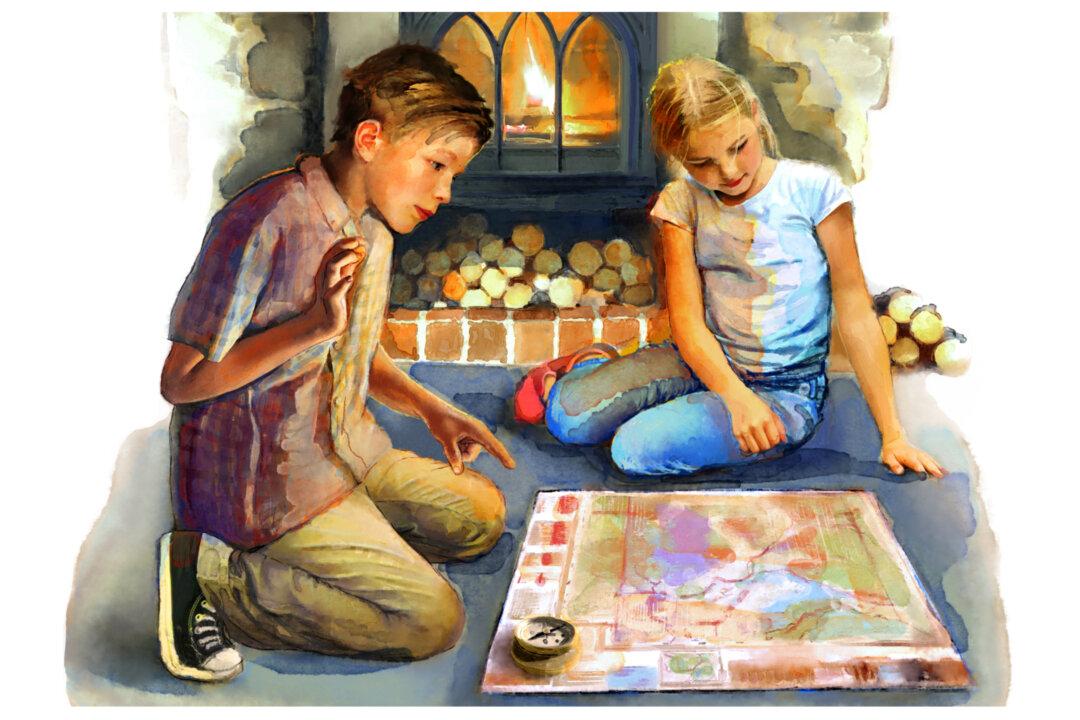One of the unintended consequences of the pandemic and its policies has been the explosion of families choosing to homeschool their children.
While pandemic measures have eased, homeschooling still remains a popular option. Many parents discovered benefits to their children and families that they now don’t want to give up. Still, others have become more aware of unsavory issues in public schools. As its popularity continues to grow, other parents are taking note and thinking that this could be the best choice for their families as well.






